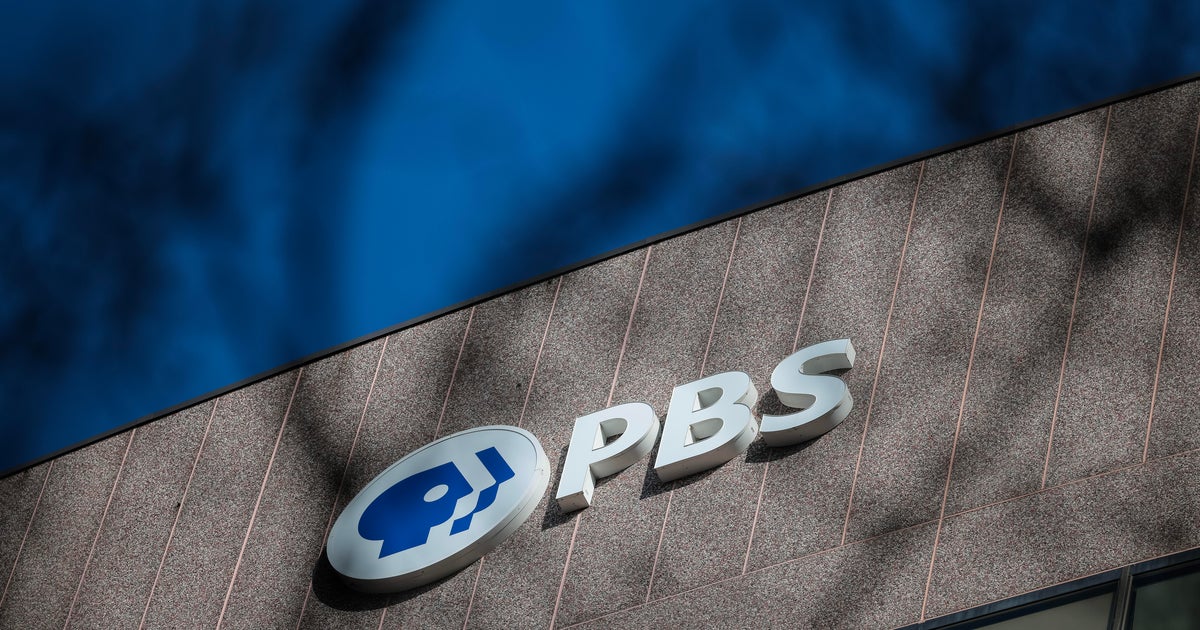6 reasons to tap into your home equity for cash right now
In today's economic environment characterized by stubbornly high inflation and elevated interest rates, accessing a large lump sum of cash through traditional borrowing channels has become an expensive proposition. With the Federal Reserve's benchmark rate elevated and paused at a 23-year high to try and cool inflation, the benchmark rate has driven up the costs of financing across the board. For example, the average interest rate on a personal loan now tops 12%, while credit card annual percentage rates (APRs) routinely exceed 20%.
For cash-strapped homeowners, however, tapping into the equity they've built in their homes may be one of the most affordable pathways to borrowing a substantial amount of money right now. When taking out a home equity loan or a home equity line of credit (HELOC), you are leveraging your home's current market value as collateral to unlock funds at a typically affordable rate.
That said, like other borrowing rates, the rates on home equity loans and HELOCs are still elevated compared to just a few years ago. However, these rates still make home equity borrowing look downright attractive compared to the double-digit APRs attached to most other consumer financing options. And, there are a few other good reasons why it could make sense to tap into your home's equity to access cash right now.
Ready to borrow? Find the best home equity loan rates available today.
6 reasons to tap into your home equity for cash right now
Here are a few compelling reasons why now may be an opportune time for homeowners who need access to cash to consider tapping into their home's equity:
Access to some of the lowest borrowing rates
With personal loan rates over 12% and credit card interest pushing 21%, homeowners who borrow against their equity can access funds at a relative bargain. That's because, right now, the average interest rate for a fixed-rate home equity loan is just 8.59% while the average HELOC rate is 9.06% — meaning both options have average rates that are much lower than the other options.
And, even a small difference in the interest rate on a loan could make a big difference over time, especially when you're borrowing large sums of money. In turn, these low rates attached to home equity make it one of the most prudent financing avenues available today.
Explore today's top home equity loan options online now.
Ability to borrow large sums of cash
One of the major advantages of tapping your home equity compared to other financing options is the sheer amount of money you can potentially access. Right now, the average homeowner has nearly $300,000 in equity built up in their home. Of that $300,000 in equity, about $190,000 is tappable equity for the average homeowner, meaning it can be borrowed from with a home equity loan.
To put that into perspective, most personal loans from banks and credit unions top out at a maximum of $50,000 for qualified borrowers — and the largest amount you can typically borrow with a very robust borrower profile is about $100,000. And rarely do major credit card issuers extend revolving credit limits higher than about $30,000 without the cardholders having stellar credit profiles and high incomes.
By contrast, the ability for the average homeowner to potentially unlock up to $190,000 or more in affordable cash simply by borrowing against their home's equity value is difficult to match through other financing avenues.
Potential tax deductibility
In addition to the low interest rates and higher loan limits, the IRS offers an added incentive for homeowners who use home equity to fund renovations, additions or other substantial improvements to their property. If the borrowed funds are used for eligible projects that increase the value of your home, the interest paid on that debt can be deducted from your taxable income. This makes taking equity out for home improvement purposes even more affordable compared to the alternatives.
Variety of loan types to choose from
Home equity borrowers can opt for either a traditional home equity loan, which is a lump sum loan with a fixed interest rate and predictable monthly payment, or a HELOC, which works like a revolving line of credit, allowing you to tap funds as needed during the draw period at variable interest rates. And, both home equity loans and HELOCs come in a variety of loan terms, too.
Having multiple borrowing options to choose from, and different loan terms to opt for, allows you to customize your home equity borrowing to best suit your needs. For example, if you need a longer period to pay off what you owe, you can opt for a home equity loan with a term of 20 to 30 years, giving you plenty of time to repay what you borrowed. Or, if you want to save on interest charges and pay off your loan quickly, you could opt for a loan term as short as five years instead.
Funds can be used for nearly any purpose
From funding the addition of a new bedroom or in-law suite to paying down high-interest credit card balances through debt consolidation or even covering the cost of a child's college tuition or funding your dream kitchen renovation, the borrowing proceeds from taking equity out of your home can be used for almost any purpose, personal or otherwise. This nearly unmatched flexibility makes home equity borrowing an attractive option if you need to access a large amount of money now at an affordable rate.
Collateral could make approval easier
Unlike unsecured debt like personal loans or credit cards that are issued based solely on your credit profile, home equity borrowing products require you to use your home as collateral. This provides lenders with added security and can make qualifying easier since you have substantial skin in the game through your home's equity stake.
That said, you should understand that defaulting could put your property at risk of foreclosure. So while using your home as collateral could mean an easier approval process, it also has its potential downsides to consider beforehand.
The bottom line
While tapping your home equity for cash may be one of the savvier borrowing moves to make in this high interest rate period, it's still crucial to take the decision seriously. Carefully calculate whether you can truly afford the new recurring payment on top of your existing mortgage and household budget. And, understand that you are putting your home up as collateral, so any inability to keep up with payments down the road could put your living situation at risk. But, when done prudently, a home equity loan or HELOC could provide significant financial flexibility at a relatively affordable cost in today's environment.






